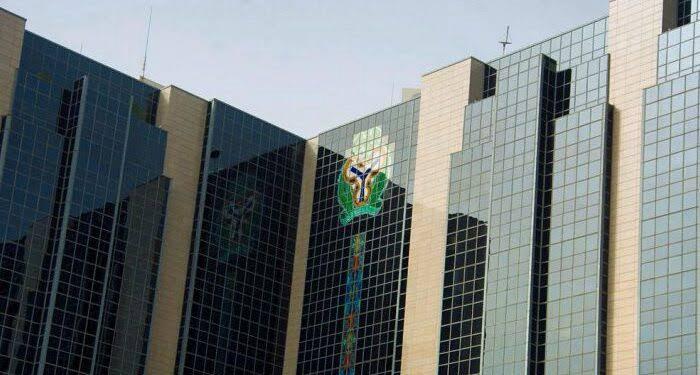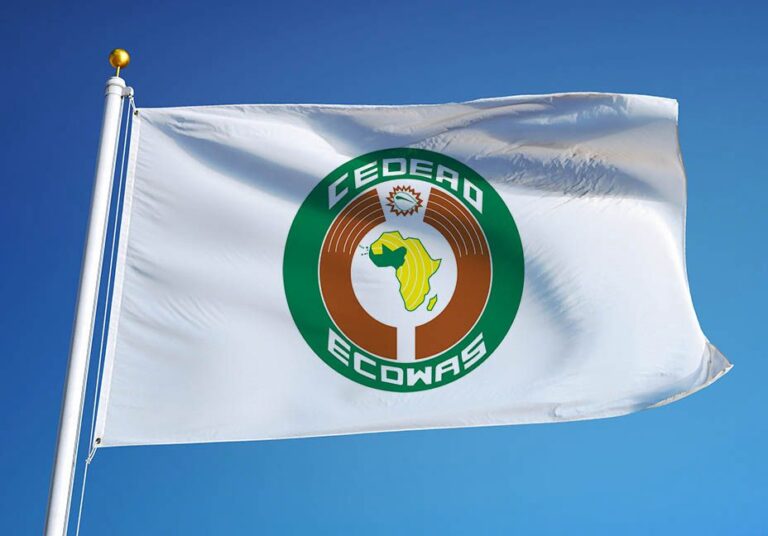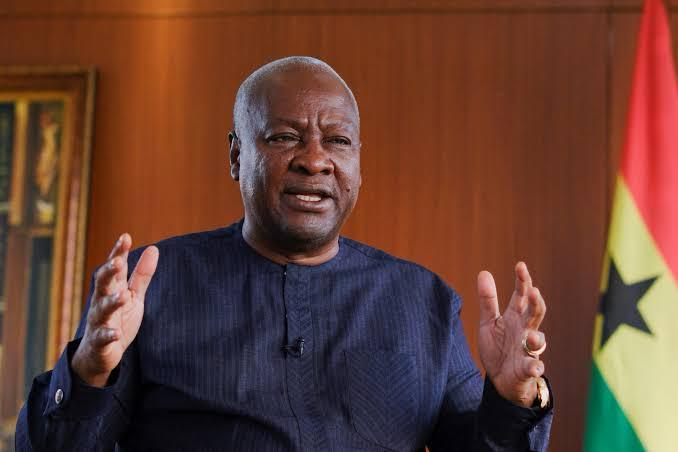By: ThinkBusiness Africa
The Governor of the Central Bank of Nigeria (CBN), Mr. Olayemi Cardoso, said on Tuesday, that 16 Deposit Money Banks (DMBs) have successfully met the new minimum capital requirements under the ongoing recapitalization exercise.
He announced the new developments during a press briefing following the Monetary Policy Committee (MPC) meeting, signals significant progress in the CBN’s strategic initiative to fortify the nation’s financial system and enhance banks’ capacity to support a trillion-dollar economy.
Governor Cardoso commended the pace of the exercise, noting that the number of compliant banks has steadily increased from the 8 banks reported as of July 2025 and the 14 banks announced in September 2025. The current figure of 16 banks suggests that the majority of institutions are actively closing the gap before the March 31, 2026, deadline.
“The committee noted with satisfaction the sustained resilience of the banking system, with most financial soundness indicators remaining within regulatory thresholds,” Cardoso said.
“Members also acknowledged the substantial progress in the ongoing recapitalization programme, with sixteen (16) banks achieving full compliance with the revised capital requirements.” He said.

The CBN first unveiled the revised minimum capital requirements in March 2024, giving banks a 24-month window to meet the new thresholds through various means, including private placements, public offers, rights issues, or Mergers and Acquisitions (M&As).
The required minimum paid-in capital varies based on the scope of a bank’s license:
| License Category | Minimum Paid-in Capital (Naira Billion) |
| Commercial (International) | N500 Billion |
| Commercial (National) | N200 Billion |
| Commercial (Regional) | N50 Billion |
| Merchant Bank | N50 Billion |
| Non-Interest (National) | N20 Billion |
Source: Central Bank of Nigeria
Several Tier-1 institutions, including Access Bank and Zenith Bank, were among the first to announce capital-raising moves, with Access Bank exceeding the N500 billion international threshold early on.
Governor Cardoso has previously clarified the options available to banks that may struggle to meet the target for their current license category.

Banks that cannot meet the capital requirement for their current license (e.g., International) may choose to downgrade to a smaller operating license (e.g., National or Regional).
The CBN has continuously stressed that the objective is not to destabilize the banking sector but to build a more resilient and robust financial system capable of handling the larger financial needs of Nigeria’s growing economy and absorbing potential economic shocks.












